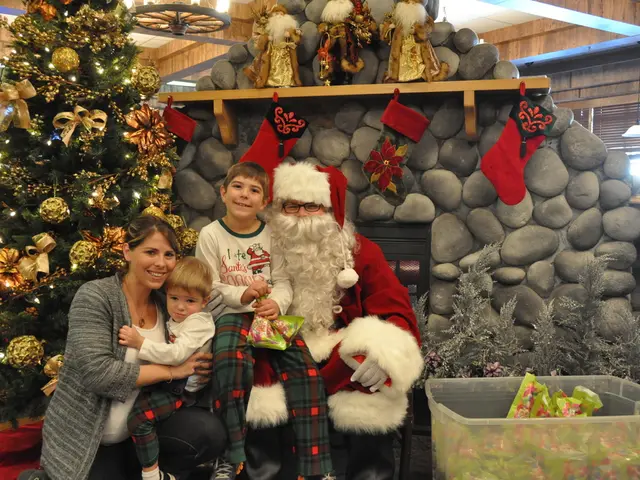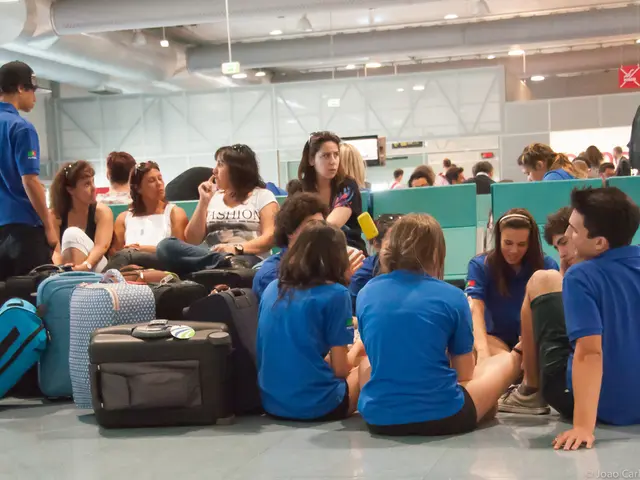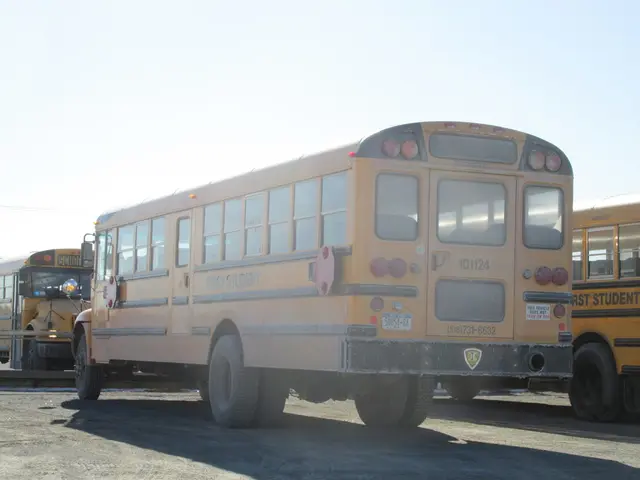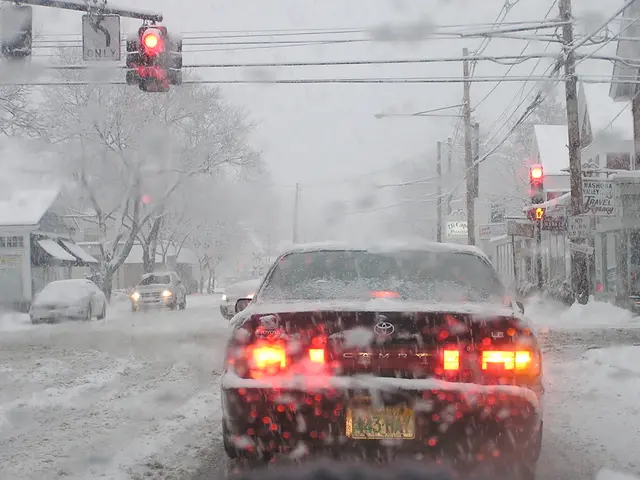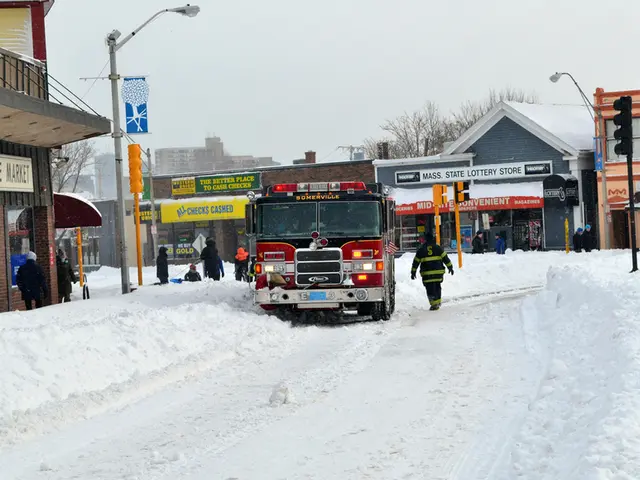Escape the Post-Vacation Blues with These Expert Tips
With Covid-19 restrictions lifted, vacation planning is easier than ever before. Many delayed trips are now enjoying their time in the sun. However, unexpected flight delays, workforce shortages, and general travel chaos have ruined holiday experiences for many. Those who managed to escape are now facing a more challenging return to reality than usual.
Whatever your holiday was like, these five expert tips can help you cope with the post-vacation blues.
1. Plan a Transition Day
The contrast between vacation and reality is intensified when we return to homes already laden with work. Instead, consider taking a day off before returning to work if possible, and try to minimize household chores before leaving. "I often see people with post-vacation blues suffer, just like from a whiplash impact – I was on the beach last night and now I'm in the office – instead, try to take a transition day if possible," advises Dr. Andrea Bonior – a practicing clinical psychologist and author of Detox Your Mind.
"Give yourself some self-care," Dr. Laurie Santos – a Professor of Psychology at Yale University and host of the Happiness Lab Podcast, adds. "You don't have to respond to every email right away. It's okay to take some time to unwind and transition back into your everyday life. There's evidence that people understand you better when you do."
2. Maintain a Vacation Mindset
"Remember that the end of vacation doesn't mean the end of fun," says Santos. If we maintain a vacation mindset in our daily lives by doing things like trying new restaurants or exploring new neighborhoods, we can develop more travel spirit.
PhD. Tracy Thomas – a psychologist and emotions researcher – suggests finding out what brings us joy while on vacation and trying to integrate these activities into our daily lives.
"It's fascinating to see how people do things while they're on vacation that they wouldn't do at home – like getting massages, taking sunrise walks, or exploring the city while they're away. You're on vacation, and you're leaving. You're coming home."
Thomas also recommends preparing some of your favorite dishes while on vacation to keep the experience alive. "If I go to Italy and eat tomato pasta, I'll probably make or order tomato pasta for another month after I get home, instead of letting the feeling fade away."
3. Practice Gratitude
"Take some time to reflect on your positive vacation memories," advises Santos. You could create an album, a journal, or simply reminisce about all the wonderful experiences you had that you might not have had if you hadn't been away.
"You've probably heard the advice to invest in experiences rather than things," Santos continues. "It turns out that's because experiences create better memories than the material things we buy – we get both a positive feeling from experiencing vacation but also a positive feeling from remembering it."
Instead of just being grateful for the things you have, Bonior suggests expressing gratitude in your daily life. "Gratitude is good for us, but many people misunderstand its true meaning. Gratitude is letting go and giving yourself fully – it's recognizing the amazingness of this entire experience of life, but also not being afraid to acknowledge the hard parts." "True gratitude is not about feeling permanently happy, but recognizing that this entire life experience is amazing and I am a part of it," she adds.
4. Exercise
Numerous scientific studies show that moderate to intense aerobic exercise can help combat anxiety disorders and depressive symptoms[1]. A study published in the April issue of JAMA Psychiatry discovered that adults who ran for about 1.25 hours a week had an 18% lower risk of depression than those who didn't exercise at all.
"Exercise doesn't cure depression," Bonior explains, "but it can help. Exercise doesn't have to be strenuous or follow a specific routine – even a leisurely walk can boost your energy and improve your mood. Physical health or dancing around in your room, it's all good."
Exercise is known to improve sleep, lower blood pressure, reduce stress, and improve mood. Even though you may want to lounge around the house after a holiday, forcing yourself to get out and move can help lift your spirits.
5. Express Your Feelings
Discuss your feelings with loved ones, extend empathy to other travelers, or jot down your thoughts in a journal – it's essential to maintain contact with friends and family instead of retreating into yourself.
"Studies show that when we can clearly communicate that we're experiencing a specific emotion, that emotion feels less overwhelming, helping us feel more in control," Bonior explains. It's all about "thinking clearly." "We can have multiple emotions simultaneously, like being sad but also excited. If you feel the overwhelming anxiety of returning to daily life or work, it might be a sign that you need to reassess your goals or priorities." If your symptoms persist or worsen, consider seeking professional help to address any underlying causes.
"If your vacation didn't go well, you can improve your happiness by figuring out what you learned," Santos concludes. "If you document your problematic behavior during travel, you can determine what insights or developments you gained. At least, even the worst vacations can be turned into entertaining stories to share with friends, strengthening our social bonds."
Image credit: ALBERTO L. POMARES G./iStockPhoto/Getty Images/iStockPhoto
References:
[1] [2] [3]
These expert strategies can help you deal with post-vacation blues by donning a vacation mindset, focusing on the positive, consuming self-care, moving your body, and expressing your emotions.
After you return from your holiday, remember that vacation isn't truly over – it's time to hold onto the joy and embrace your newfound realizations.
Source:

